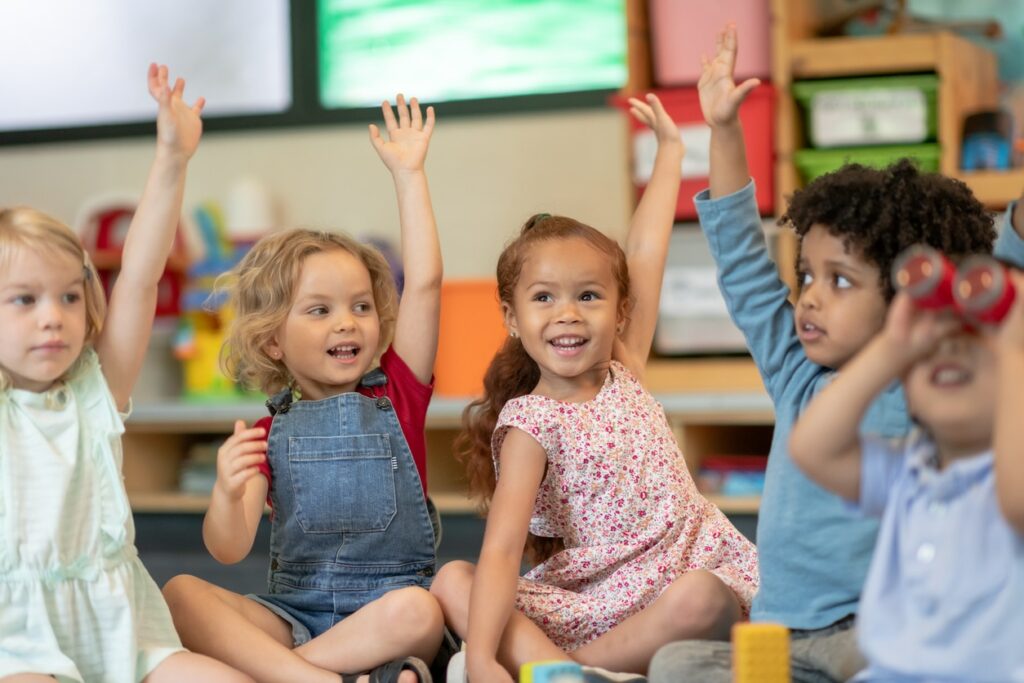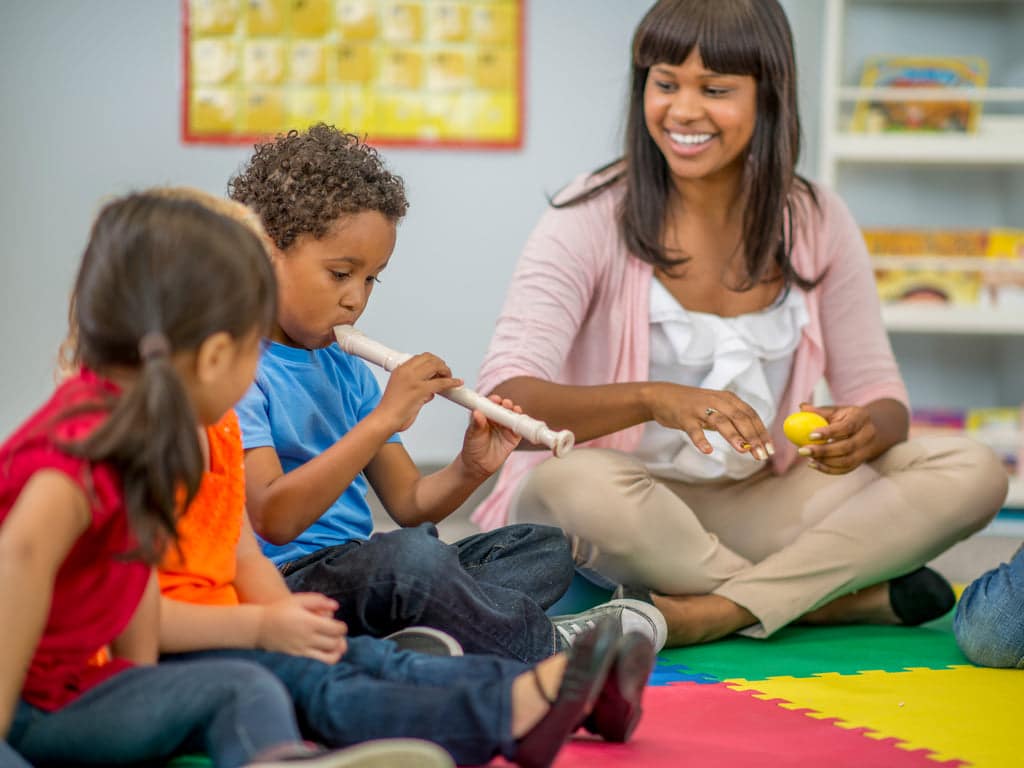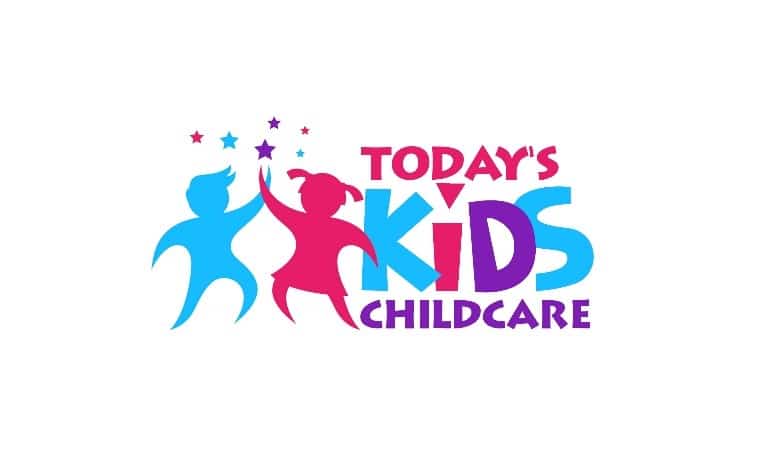Preschoolers often experience separation anxiety as they navigate the transition from the safety of home to the excitement of preschool. While separation anxiety is a normal part of development, parents can play a crucial role in helping their preschoolers cope with this challenging phase.
In this blog post, we’ll explore 12 effective ways parents can support their little ones in building confidence, independence, and resilience in the face of separation anxiety.
Nurturing Independence: 12 Ways Parents Can Help Preschoolers Cope with Separation Anxiety
1. Gradual Separation Practice
- What to Do: Start with short separations, gradually increasing the time away from your preschooler. This can be done during playdates or with trusted family members.
- Why It Helps: Gradual separations build confidence and trust, allowing your child to understand that you will return.
2. Establish a Consistent Goodbye Routine
- What to Do: Create a special goodbye routine, such as a hug, a kiss, or a secret handshake. Consistency provides predictability for your child.
- Why It Helps: A routine helps your preschooler anticipate the separation, making goodbyes less stressful.
3. Encourage Independence
- What to Do: Foster independence by encouraging your child to complete simple tasks on their own, like putting on shoes or picking out a snack.
- Why It Helps: Independence boosts your preschooler’s confidence and reassures them that they can handle situations without you.
4. Bring a Comfort Object
- What to Do: Allow your preschooler to bring a comfort object, like a favorite stuffed animal or blanket, to preschool.
- Why It Helps: Having a familiar item provides a sense of security during times of separation.

5. Positive Reinforcement
- What to Do: Offer praise and positive reinforcement for brave behavior. Acknowledge their efforts in coping with separation.
- Why It Helps: Positive reinforcement reinforces the idea that separation can be a positive and rewarding experience.
6. Open Communication
- What to Do: Discuss preschool with enthusiasm. Talk about the exciting activities, new friends, and the fun experiences awaiting your child.
- Why It Helps: Open communication helps build excitement and positive anticipation for preschool.
7. Visit the Preschool Together
- What to Do: Arrange visits to the preschool together before the official start. Familiarize your preschooler with the environment and introduce them to teachers.
- Why It Helps: Familiarity with the setting reduces anxiety on the first day.
8. Connect with Teachers
- What to Do: Establish a connection with your child’s teachers. Share insights about your preschooler’s personality, preferences, and any strategies that have worked in the past.
- Why It Helps: A strong relationship with teachers creates a supportive environment for your child.

9. Create a Social Story
- What to Do: Develop a social story or a picture book that depicts the preschool routine. Highlight positive aspects and the joy of reuniting at the end of the day.
- Why It Helps: Visual aids provide a tangible understanding of the separation and reunion process.
10. Build a Sense of Time
- What to Do: Use a visual timer or clock to help your preschooler understand the concept of time. Discuss when you’ll return for pickup.
- Why It Helps: A clear sense of time helps ease anxiety about the duration of separation.
11. Stay Calm and Consistent
- What to Do: Maintain a calm demeanor during drop-offs. Be consistent in your actions and reactions.
- Why It Helps: Your demeanor sets the emotional tone for your child. Consistency builds trust.
12. Reassure, Reassure, Reassure
- What to Do: Continuously reassure your preschooler of your love and the joy of being reunited. Remind them that separation is temporary.
- Why It Helps: Reassurance provides emotional security and reinforces the idea that separation is a normal and manageable part of their day.
Navigating separation anxiety is a shared journey between parents and preschoolers. By implementing these 12 strategies, parents can empower their little ones to embrace independence, build resilience, and view separation as an opportunity for growth. As your preschooler becomes more confident, the challenges of separation anxiety will gradually transform into moments of pride and accomplishment, laying the foundation for a positive attitude toward new experiences.
